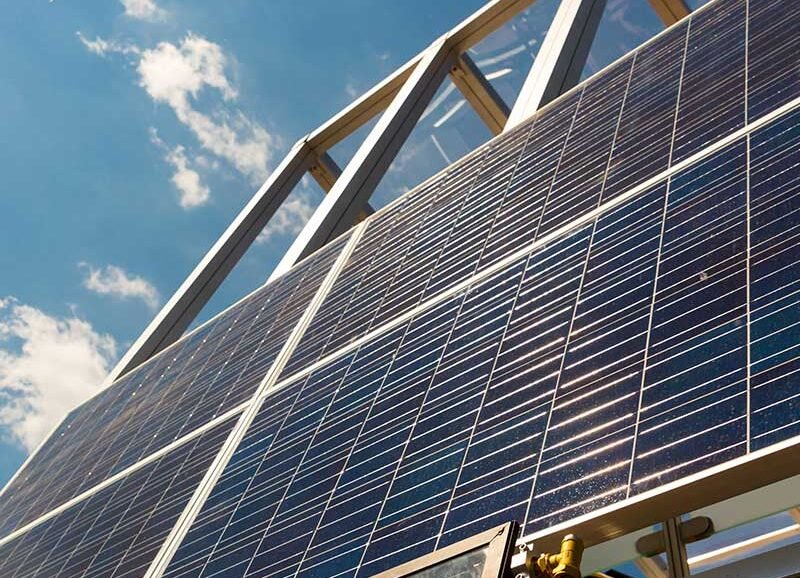Energy Access Expansion Through Solar Microgrids in Displaced Syrian Communities

Client
A humanitarian organization operating in Syria partnered with Eurogroup Consulting to design a sustainable energy access solution for displaced communities living in informal settlements and transitional shelters. The objective was to provide reliable electricity for lighting, healthcare, education, and water access—without relying on fuel-based generators.
Issues
Thousands of displaced families were living in off-grid or poorly connected areas where diesel generators were costly, polluting, and difficult to maintain. Power outages were frequent, and access to essential services was compromised due to energy limitations. There was an urgent need for scalable, low-maintenance energy solutions that could operate independently and sustainably in remote, insecure environments.
Solution
Eurogroup Consulting developed a practical and replicable model for deploying solar-powered microgrids tailored to the needs of high-density displaced communities. These systems offered clean, decentralized power for basic services such as lighting, cold storage for medicines, water pumps, and school operations.
Approach
We conducted rapid energy needs assessments at settlement sites, followed by technical design of solar microgrids with battery storage, modular expansion capacity, and simplified maintenance procedures. Local labor and community engagement were prioritized in site selection and deployment planning to ensure ownership and sustainability.
Recommendations:
Our recommendations included bundling microgrid deployments with health and education service delivery, training local technicians for system upkeep, and incorporating remote monitoring technology for real-time system management. We also advised on community-based tariff models to ensure long-term viability and cost recovery.
Engagement ROI
Within the first phase, three microgrid systems were successfully deployed, restoring reliable electricity to over 1,500 residents. This reduced dependence on diesel by 80%, improved health facility operations, and enabled night schooling and refrigeration of essential medicines. The model has since been considered for scale-up across additional settlements, providing a critical blueprint for sustainable energy in humanitarian settings.


